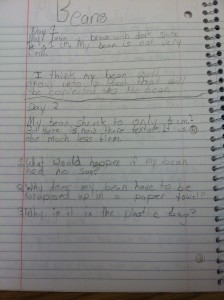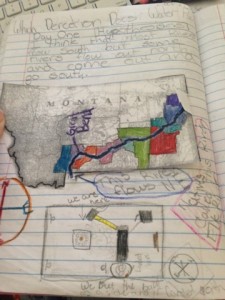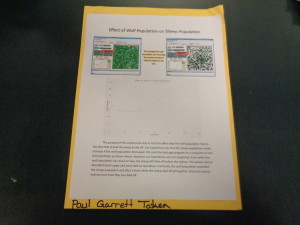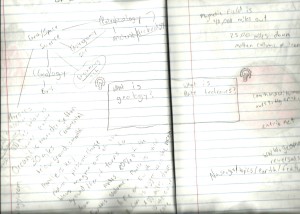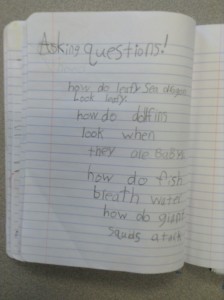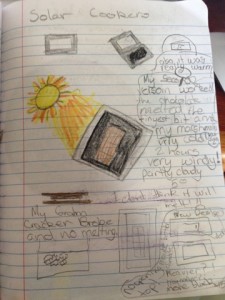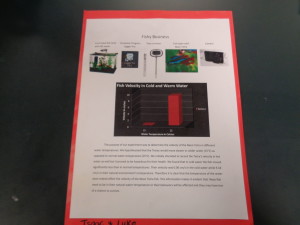- Fourth Grader examines how basic needs of plants effect seedling growth.
- Fifth Grader uses an essential question about water flow to focus a notebook entry’s content.
- A tenth grader uses his testable question as the basis of an investigation.
- A seventh grader uses questions to define objectives for a unit.
- A first grader asks researchable questions about animals and their parts in order to understand how questioning helps us understand phenomena.
- A fifth grader identifies the problem with her first solar cooker model by analyzing its performance.
- Tenth graders work together to use their testable question as the basis of an investigation.



